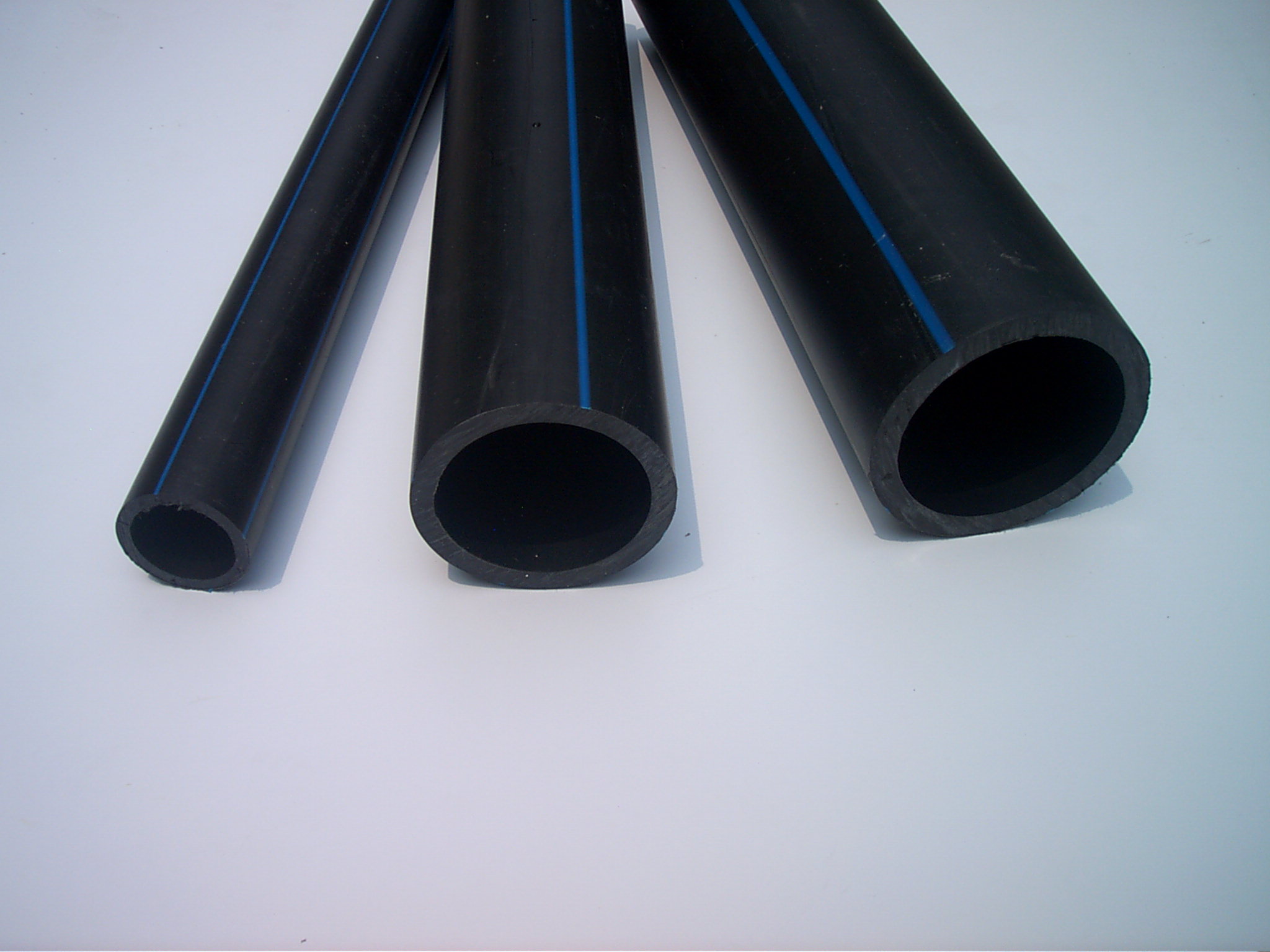Jan . 29, 2025 01:50 Back to list
pe sheet
When considering the selection of materials for diverse applications, one versatile option that stands out is the PE sheet, or polyethylene sheet. Renowned for its remarkable blend of physical properties, PE sheets find utility across a broad spectrum of industries, including packaging, construction, agriculture, and automotive, to name a few. Understanding the unique benefits and applications of PE sheets can assist businesses in making informed choices, optimizing both performance and cost-efficiency.
In the food industry, the non-toxic nature of PE sheets ensures compliance with stringent health regulations. They are widely used for food packaging, offering a safe, hygienic, and durable solution that preserves freshness over an extended period. The sheets' adaptability to form films, bags, and various other container shapes enhances their functionality and attractiveness in retail settings. From an expertise standpoint, professionals selecting PE sheets must consider variables like thickness, density, and grade to match the specific demands of their applications. Solutions that pair specialized finishes or treatments, such as UV stabilization or anti-static coatings, may further elevate the material's performance, especially in outdoor or sensitive electronic applications. Trust in PE sheets also stems from their proven track record. With decades of successful deployment across industries, suppliers provide comprehensive technical support and quality assurance, ensuring customers receive materials that meet or exceed their expectations. By fostering relationships with reputable manufacturers, businesses can access resources and insights that enhance their operational outcomes and product integrity. In closing, the multifaceted attributes of PE sheets render them indispensable in modern manufacturing and resource management. By leveraging their strength, adaptability, and eco-compatibility, industries can harness the full potential of polyethylene sheets, driving innovation and efficiency in today’s competitive market landscape.


In the food industry, the non-toxic nature of PE sheets ensures compliance with stringent health regulations. They are widely used for food packaging, offering a safe, hygienic, and durable solution that preserves freshness over an extended period. The sheets' adaptability to form films, bags, and various other container shapes enhances their functionality and attractiveness in retail settings. From an expertise standpoint, professionals selecting PE sheets must consider variables like thickness, density, and grade to match the specific demands of their applications. Solutions that pair specialized finishes or treatments, such as UV stabilization or anti-static coatings, may further elevate the material's performance, especially in outdoor or sensitive electronic applications. Trust in PE sheets also stems from their proven track record. With decades of successful deployment across industries, suppliers provide comprehensive technical support and quality assurance, ensuring customers receive materials that meet or exceed their expectations. By fostering relationships with reputable manufacturers, businesses can access resources and insights that enhance their operational outcomes and product integrity. In closing, the multifaceted attributes of PE sheets render them indispensable in modern manufacturing and resource management. By leveraging their strength, adaptability, and eco-compatibility, industries can harness the full potential of polyethylene sheets, driving innovation and efficiency in today’s competitive market landscape.
Share:
Latest news
-
PP U-channel: Chemical-Resistant, Lightweight & Durable
NewsAug.10,2025
-
Transparent PVC Pipe: Clear Flexible Tubing for Fluids
NewsAug.09,2025
-
Durable PP Rigid Sheet: Versatile & High-Quality Plastic Panels
NewsAug.08,2025
-
Premium Glossy PP Rigid Sheet – Durable & Versatile
NewsAug.07,2025
-
High-Quality HDPE Sheet | Durable Plastic Panels
NewsAug.06,2025
-
High-Precision PVC Rigid Sheets for Vacuum Forming | AI-Optimized
NewsAug.05,2025

